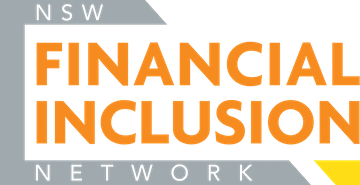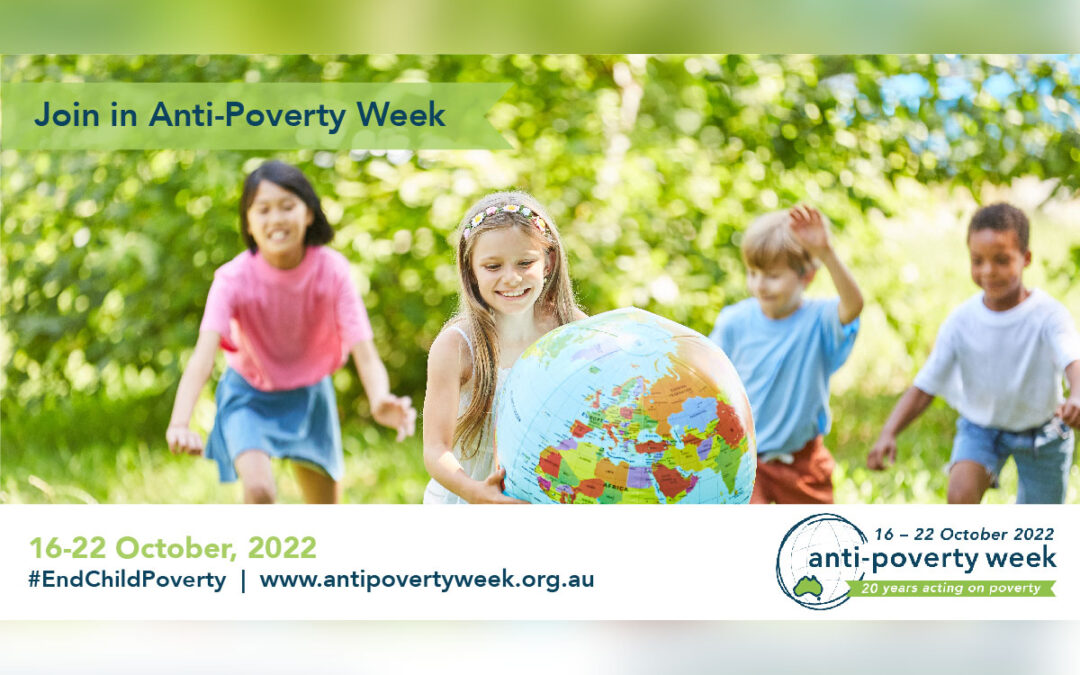To deal with poverty, we must address financial exclusion.
This week is Australian Anti Poverty Week, running from 16-22 October.
According to the ACOSS/UNSW Poverty in Australia 2020 report, over 13% of Australians are unable to meet basic living expenses and are classified as living below the poverty line. And with recent cost of living increases, we can expect this figure to be growing.
Poverty negatively affects people’s health, education, employment, housing, social connection and can drive people into escalating cycles of financial disadvantage.
Poverty is a symptom of financial exclusion. According to the Consultative Group to Assist the Poor, financial exclusion is experienced when a person cannot access affordable and appropriate mainstream financial products, preventing full participation in the social and economic aspects of our communities.
Financial exclusion has a direct effect on our economy. When people are financially excluded, they are not able to save money through financial institutions. When this happens, the resulting low savings rate creates low investment rates, low economic growth and ultimately a decline in the provision of essential infrastructure. Moreover, high levels of financial exclusion actually increase the cost of credit, compounding financial disadvantage for the poorest people.
So the effects of poverty and financial exclusion are wide ranging, affecting individual people, families, communities and our national wellbeing. To address this, we are calling for our state’s government to lead the way in building financial inclusion, by acting on 5 recommendations:
- Raising the rate of income support
- Investing more in social and affordable housing
- Increasing digital knowledge and access
- Funding place-based welfare support services
- Introducing regulations to buy-now-pay-later financial services
Read more about Anti Poverty Week here. Read more about financial exclusion in NSW by reading our 2019 state election platform here.











